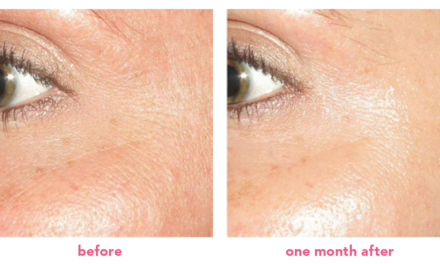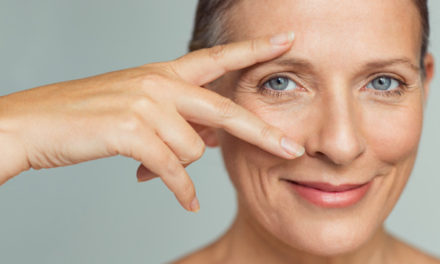Trauma is defined as “a deeply distressing or disturbing experience” and secondarily as “physical injury.” It can manifest as both but not always. A devastating single event like a natural disaster or unexpected loss of a loved one can cause trauma—or it can also be the result of chronic difficulty that overwhelms an individual’s ability to cope.
Growing up in a physically violent or emotionally abusive environment; the isolation of extreme poverty, racism, and sexism; and the abuse of power in all its many forms, including political, social, and religious constructs can create trauma. It happens at the dinner table, on the playground, in the street. Trauma happens pretty much everywhere, and almost everyone has experienced something of it, whether we consciously recognize it or not.
Trauma makes us sick. Physical ailments like migraines, TMJ, IBS, Fibromyalgia and other forms of chronic pain, auto-immune disorders, hypertension, and addictions of all kinds are frequently associated with trauma.
Trauma also affects how we interact with others and how we experience ourselves, including personal and professional relationship challenges, anxiety, depression, self-judgment, shame, and anger management difficulties.
Healing From Trauma
Over the past 50 years, the clinical mental health field has developed, researched, and advocated for a range of approaches to help people heal from their trauma. Cognitive therapies alone (talking) have limited value. We now know significantly more about how to help people heal from trauma than ever before.
A growing body of evidence-based and evidence-supported research continues to show the relevance of the brain (neuroscience), autonomic nervous system (fight-flight-freeze responses), the vagus nerve (biology), and the therapeutic relationship (safety in relationship) in healing trauma. Western medicine is also embracing healing traditions from the East like meditation, yoga, healing touch, acupuncture, and reiki. PTSD-focused modalities like EMDR are also transforming the field.
Today holistic care is widely endorsed and available. This means treating the whole person, not just our thoughts, behaviors that cause harm to self or other, chronic pain, or insomnia/nightmares. All of it is connected.
I am an advocate for leveraging the best of the East and the best of the West: science, ancient wisdom traditions, the breath, the body, the brain, the nervous system, the conscious, the unconscious—and doing it with kindness and compassion.
My training as a hospice worker, yoga teacher, and mental health service provider emphasizes the importance of establishing a sense of safety and an experience of well-being. This is best cultivated by helping someone tolerate being in their body. Sometimes this requires a lot of support and is particularly true when significant trauma has occurred. The essential process begins with slowing down and breathing. It takes practice, kindness, and often a sense of humor. We learn how to come home to ourselves—the ultimate practice of self-care.
What to do when stressed, pressed, or feeling overwhelmed:
- Place your left hand gently on your heart, your right hand on your lower belly.
- Relax your abdominal wall and feel your inhale expand your belly into your right hand.
- Release your jaw, soften your face, and exhale slowly and completely.
- Feel your feet on the ground and your seat beneath you.
- Tune into the beauty around you, to color. Notice three things you see, three sounds you hear. One at a time.
- Name three things you are grateful for and write them down.
- Repeat
Molly Fleming, LPC/MHSP, NCC, RYT is a counselor in private practice at Autumn House, near the Broad Avenue Arts District in Midtown Memphis. Molly works alongside three other licensed professional counselors, all independent mental health service providers who share a commitment to foster healing, choice, and freedom of expression in their work. To reach out, email Mollykflemingcounseling@gmail.com.







